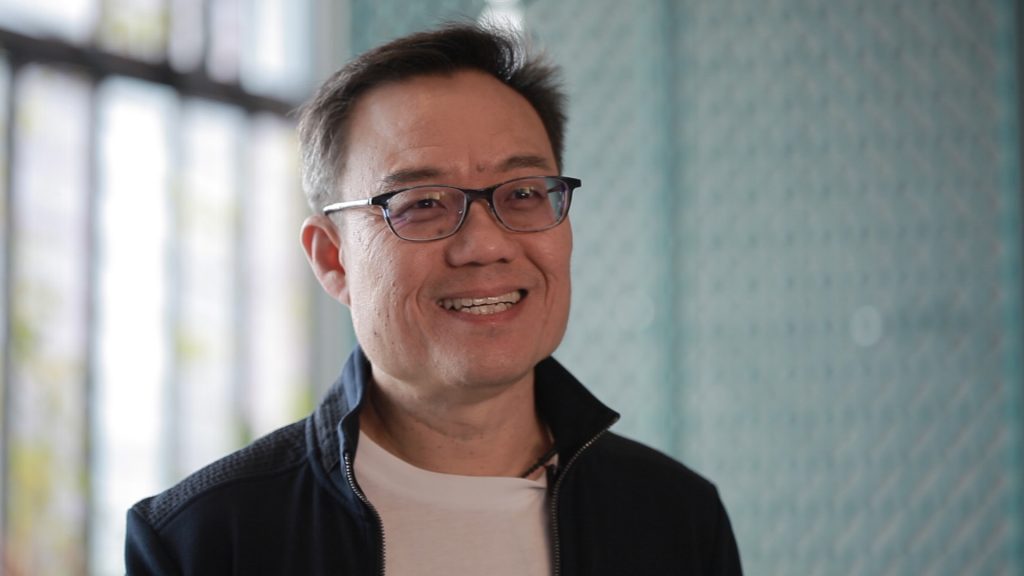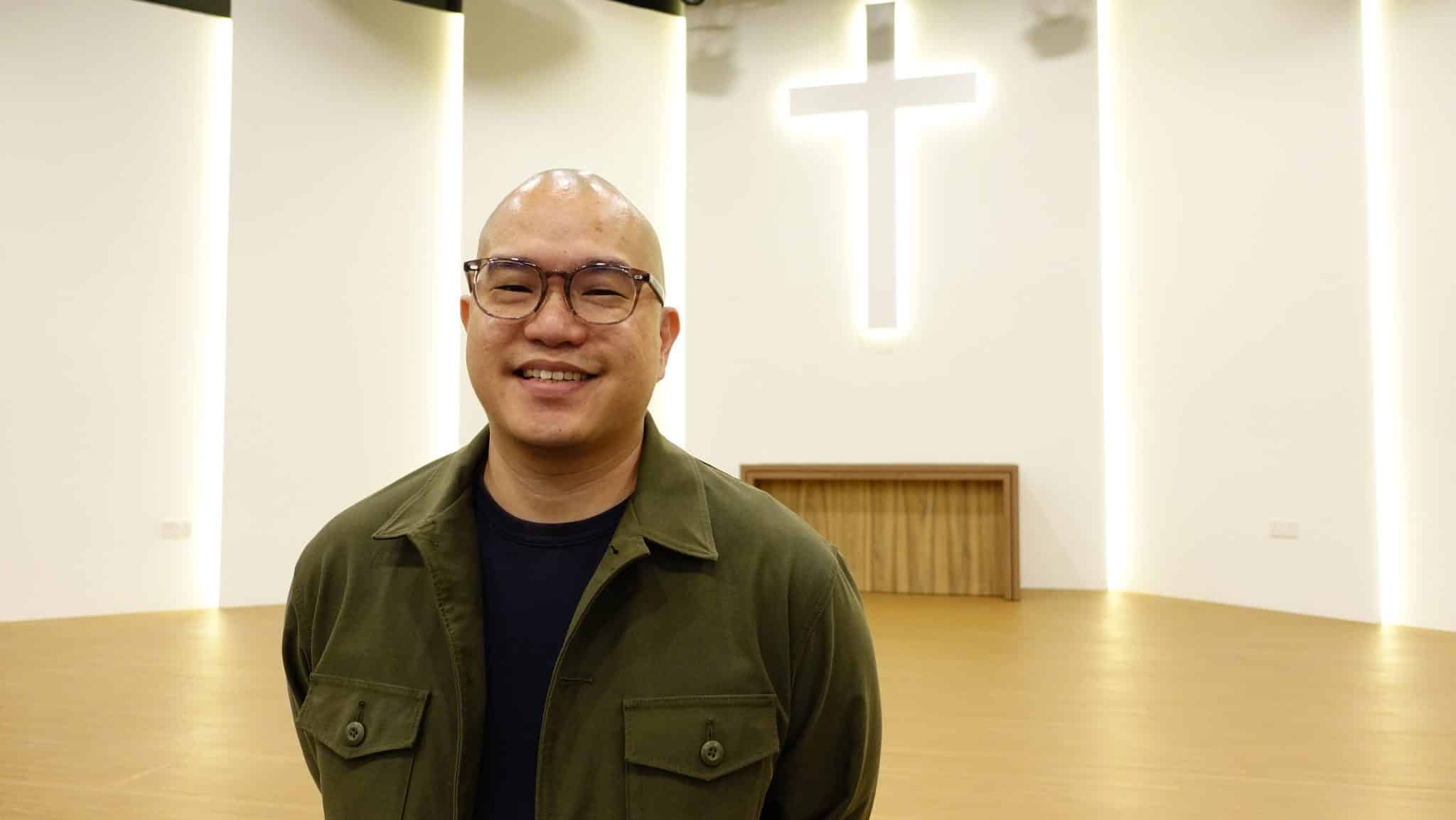
Many people ask me: Is my work my calling? The answer is Yes and No. There are two major distortions we need to be aware of.
1. The Catholic Distortion
This distortion arose during the Catholic era (pre-Reformation), when the clergy began to elevate the sacred (the contemplative life) over the secular (the active life).
This resulted in a special group of called people, such as the priests, nuns and monks. Everyone else just had work to do or labour to perform in order to make a living.
2. The Protestant Distortion
Then the pendulum swung to the other extreme. While the Catholic Distortion elevated the sacred at the expense of the secular, the Protestant Distortion elevated the secular at the expense of the sacred.
John Calvin, for example, almost equated work and calling. When Christians buy into this idea of “my work is my calling”, it can become an excuse for drivenness and workaholism.
There is a real danger of work replacing God as the centre of their lives. Their work can become their idol.
Oswald Chambers said: Beware of anything that competes with loyalty to Jesus Christ. The greatest competitor of devotion to Jesus is service for Him … The one aim of the call of God is the satisfaction of God, not a call to do something for Him.
The call divorced from the Caller is meaningless: “My heart took delight in all my work and it was the reward for all my labour. Yet when I surveyed all that my hands had done and what I have toiled to achieve, everything was meaningless, a chasing after the wind; nothing was gained under the sun.” (Ecclesiastes 2:10-11)
In other words, the author of Ecclesiastes is warning us that no amount of career advancement can bring lasting satisfaction. If our work is our principal means of finding satisfaction in life, we will not be fulfilled.
But yet we know that God ordained work as an inherent part of His purpose for humanity.
How do we balance this?
We need to recognise that there are two aspects to the Call:
1. Primary Calling
Our primary calling is the call to be. It is a call to become a new creation in the image of God as we relate to Him personally. Therefore, it is a call to the Person of God, even before we fully understand the purpose of God.
It is a call to abide in the King before we advance His Kingdom. It is a call to fellowship with Christ. It is a call to be followers of Christ.
2. Secondary Callings
Our secondary calling is the call to do. Here is where we see the diversity of vocations. Some are called to be lawyers, or healthcare professionals, or CEOs, or teachers, or civil servants, or accountants, or chefs, or taxi drivers, or homemakers.
These are callings rather than Calling. And all of them are always secondary, not primary. Our primary calling gives meaning to our secondary callings.
The challenge is to keep these two aspects of our calling in balance and in the right order. At the end of the day, let everything we do – whether preaching or nursing or cooking – be an act of faith coming from a sense of calling both to be and to do.
This deep and abiding sense of calling gives dignity and significance to our daily work.
Reflection and Discussion
1. “No amount of career advancement can bring lasting satisfaction.” Do you agree with this statement? Why or why not?
2. Read Ecclesiastes 12:13-14 and identify Solomon’s conclusion.
3. What does it mean to “abide in the King before we advance His kingdom?” How does it impact our secondary calling?
We are an independent, non-profit organisation that relies on the generosity of our readers, such as yourself, to continue serving the kingdom. Every dollar donated goes directly back into our editorial coverage.
Would you consider partnering with us in our kingdom work by supporting us financially, either as a one-off donation, or a recurring pledge?
Support Salt&Light




